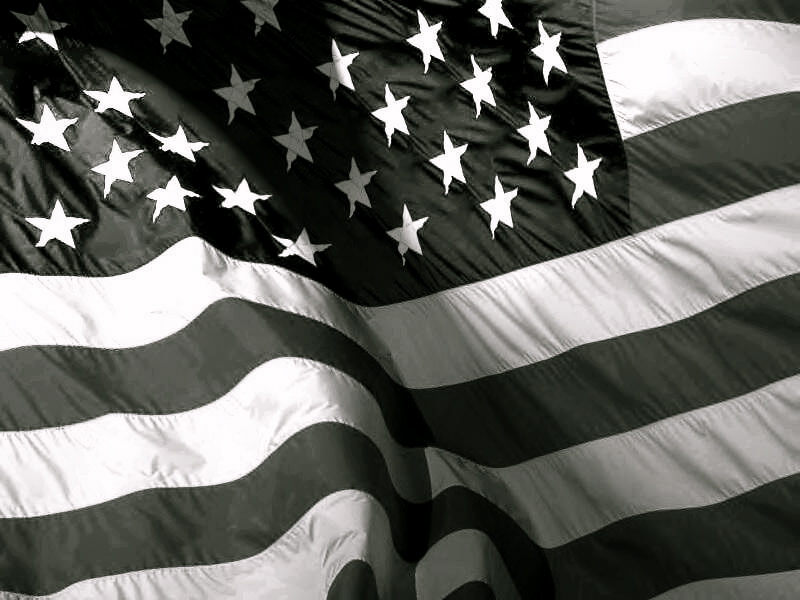By Ian Hayes ’16, Contributor
Johnathan Ferrell, Oscar Grant III, Timothy Thomas, Aiyana Jones, Michael Brown, Tamir Rice, Eric Garner, Walter Scott, Akai Gurley, Freddie Gray, and the list goes on. The aforementioned are merely 10 of the thousands of Africans-Americans who were either shot by law enforcement or have been killed in custody since 2000.
The statistics are astonishing: between 2003 and 2009 the Department of Justice reported that 4,813 people died in custody of law enforcement or in the process of arrest. Nearly 32% of such deaths were accounted for by African-Americans, primarily between the ages of 25 and 44.
However, according to the 2010 Census, African-Americans only accounted for 12.6% of the total population of the United States. The numbers don’t add up. The disproportional number of African-Americans being killed by law enforcement is concerning.
Over the past year, our country has experienced several explosions of violence. From the unrest in Ferguson, Missouri following a grand jury’s decision not to indict Officer Darren Wilson in the shooting death of unarmed teenager Michael Brown, to protests in New York City following the death of Eric Garner, an African-American killed when an NYPD officer placed him in a chokehold. More recently, the riots in Baltimore following the death of Freddie Gray due to a spinal injury he sustained while in police custody.
The trend is no doubt disturbing, but even more disturbing is the fact that the issues the country is facing today in relation to police brutality and strained race relations are by no means new.
In 1967, President Lyndon B. Johnson established the Kerner Commission to investigate the causes of race riots that plagued the United States that summer. Examining the conditions surrounding the unrest in more than 150 cities across the nation, the committee ultimately found that “white racism” was the root of many of the social issues manifested in the ghettos of America.
The commission furthermore made recommendations to the government to address the underlying social issues. But their advice went unheeded. A little less than three decades later, in 1992 when officers involved in the beating of Rodney King were acquitted of all charges, the city of Los Angeles again exploded in violence creating the most destructive riots of the 20th century. Five days later when the smoke cleared in the city of Los Angeles, more than 4,000 buildings had been destroyed, 55 lives were lost and more than $1 billion in damages had been incurred. Mayor Tom Bradley established the Christopher Commission, whose recommendations were made and not surprisingly unheeded.
So here we are as a nation, more than five decades after the Civil Rights Act of 1964 and we still are still experiencing the same issues in regards to race relations in the United States. Some would argue that in a country of affirmative action and an African-American president we have made enough progress, but that is far from the truth.
Look at the statistics: According to studies at Brandeis University the wealth gap between black and white Americans has only been increasing over the past 25 years, in fact it has tripled.
The median household wealth among white Americans is $91,405 and $6,446 among black Americans. Nearly 73% of white Americans own a home as compared to 43.5% of black Americans. The median household income of black Americans is more than $20,000 less than that of their white counterparts.
The unemployment rate among black Americans is nearly double that of white Americans, 11.4% and 5.3% respectively. The 15% poverty rate of the United States fails to reveal the underlying racial disparities in the nation. An astounding 27.2% of black Americans are living below the poverty line as compared to only 9.7% of white Americans.
But, perhaps the most troubling statistic of all, young black males are more likely to end up in prison than enrolled in college.
So why is it that 50 years removed from the civil rights movement, our nation is still plagued with racial disparities, police brutality and a widening gap between black and white America?
In short, it all boils down to education. The source of the social issues manifested in the black community from police brutality to high crime rates to an ever rising unemployment rate can all be attributed to an insufficient educational system.
As a nation, we need to improve the quality of education given to students in predominantly black schools.
The issue is not only that such students are underrepresented in institutions of higher learning and overrepresented in correctional institutions, but more so that the quality of education these students are receiving does not place them in positions to succeed or even be admitted to competitive four-year colleges.
Underfunded schools, inadequate facilities, a lack of resources, and unqualified and poorly trained teachers make for a bad combination. Welfare and affirmative action together are not enough to address such issues seen in the black community, and the only solution is a higher quality of education.
The violence we have seen erupting across the nation in the past couple of months comes as no surprise. When a race has been systematically oppressed and ignored it only makes sense that their frustrations will eventually be manifested. After all, a riot is simply, in the words of Dr. Martin Luther King, “the language of the unheard.” America has once again deceived itself.
We as Americans are quick to believe that racial equality has already been reached, but the statistics and the unrest in Baltimore and Ferguson are only the most recent evidence of the contrary.
Martin Luther King Jr. in 1967 posed the question, “Why is equality so assiduously avoided? Why does white America delude itself, and how does it rationalize the evil it retains?” It’s a hard truth to bear, but nearly 50 years later such realities still hold true.
Sources:
http://gawker.com/unarmed-people-of-color-killed-by-police-1999-2014-1666672349
http://www.motherjones.com/politics/2014/08/police-shootings-michael-brown-ferguson-black-men
http://factfinder.census.gov/faces/nav/jsf/pages/error.xhtml
http://money.cnn.com/2014/08/21/news/economy/black-white-inequality/
http://www.history.com/this-day-in-history/riots-erupt-in-los-angeles
http://www.npr.org/2013/04/23/178601467/are-there-really-more-black-men-in-prison-than-college




